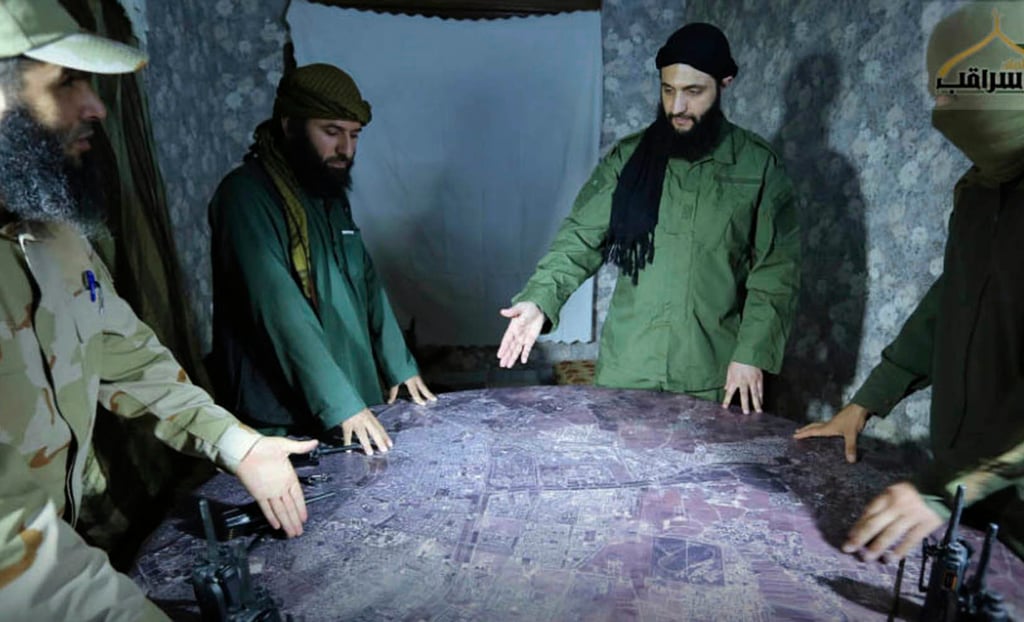Over the past dozen years, Syrian militant leader Abu Mohammed al-Golani has worked to remake his public image and the insurgency he commands, renouncing long-time ties to al-Qaeda and consolidating power before emerging from the shadows.
Now al-Golani, 42, seeks to seize the moment yet again, leading his fighters in a stunning offensive that has put them in control of Syria’s largest city, reigniting the country’s long civil war and raising new questions about President Bashar al-Assad’s hold on power.
The surge and al-Golani’s place at the head of it are evidence of a remarkable transformation. Al-Golani’s success on the battlefield follows years of manoeuvring among extremist organisations while eliminating competitors and former allies.
Along the way he moved to distance himself from al-Qaeda, polishing his image and his extremist group’s de facto “salvation government” in an attempt to win over international governments and the country’s religious and ethnic minorities.

Putting himself forward as a champion of pluralism and tolerance, al-Golani’s rebranding efforts sought to broaden his group’s public support and legitimacy.

Comments are closed.